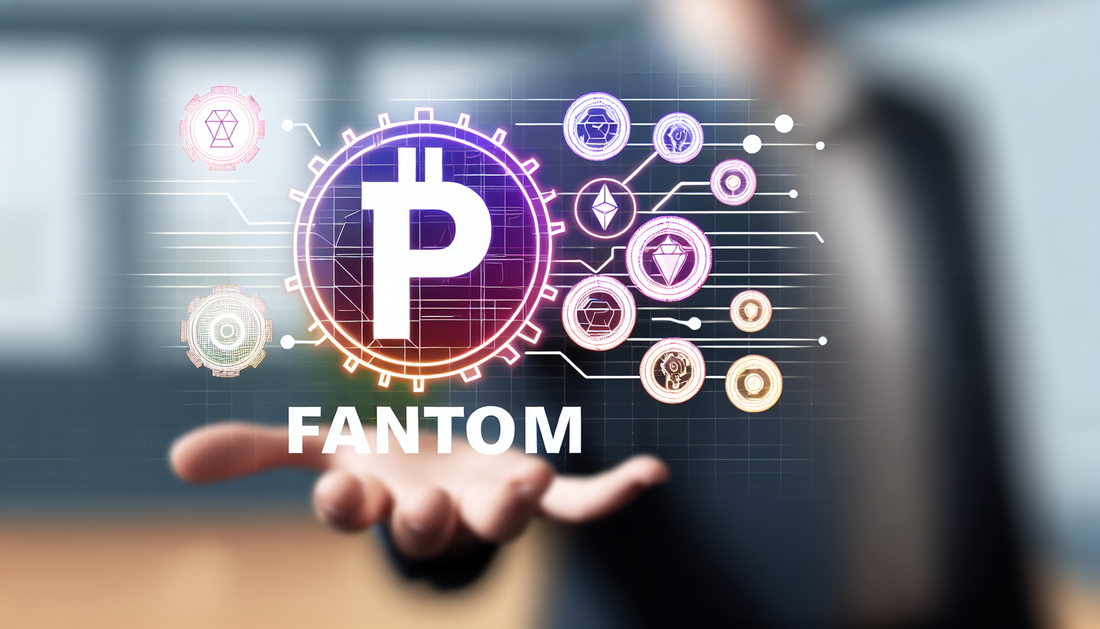
Examining the Criticisms of Fantom (FTM)
Share
Biggest Criticisms of Fantom (FTM)
Fantom (FTM) has positioned itself as a fast and scalable platform for decentralized applications and enterprise blockchain solutions. Despite its growing popularity, several criticisms have emerged, which stakeholders should consider before engaging with the network. This article delves into some of the significant challenges facing Fantom.
Scalability vs. Security
One of the core advantages Fantom claims is its high transaction speed and low fees, made possible by its unique consensus mechanism known as the Lachesis Protocol. However, critics argue that while prioritizing scalability, Fantom might compromise on the security aspects that are vital for safeguarding user assets and network reliability.
Centralization Concerns
Centralization is another point of contention for Fantom. Although it markets itself as a decentralized platform, some users argue that the degree of decentralization is insufficient compared to its competitors. This concern arises from the role of validators in the network, who hold significant sway in decision-making processes, potentially undermining the decentralized mission.
Market Position and Competition
Fantom faces stiff competition from established blockchain ecosystems like Ethereum and newer solutions that leverage innovations in scalability and decentralization. With platforms like Polygon leading the charge in Layer 2 scaling solutions, Fantom is under pressure to differentiate itself and capture market share effectively.
Development Challenges
Fantom has been criticized for its development pace and roadmap clarity. Users and investors are concerned about the long-term vision and development speed, which remain crucial for the platform’s adaptability and success. A transparent and well-defined roadmap is essential to mitigate uncertainty among potential adopters and investors.
Regulatory Risks
Like many blockchain projects, Fantom is not immune to regulatory scrutiny. The evolving landscape of cryptocurrency regulations presents an unpredictable environment. Failing to navigate these regulations effectively may result in operational hurdles or limitations, particularly as governments worldwide continue to refine policies addressing blockchain technology.
Fragmented Ecosystem
Another issue with Fantom is its relatively small and fragmented ecosystem, which might impact its adoption and utility. A vibrant ecosystem is essential for developers to innovate and build applications that attract end users. Comparatively, platforms such as Ethereum benefit from a vast array of decentralized finance (DeFi) projects and decentralized applications (dApps), which fuel continuous growth and user engagement.
In sum, while Fantom offers a unique set of functionalities that might appeal to certain blockchain enthusiasts, these criticisms are crucial considerations. For those interested in exploring Fantom or similar platforms, a comprehensive understanding of its limitations and current market position is essential. As Fantom continues to evolve, addressing these pressing concerns will be vital for its sustainable success.
If you're considering investing or participating in blockchain platforms, joining reputable exchanges like Binance might provide valuable insights and investment opportunities.
```